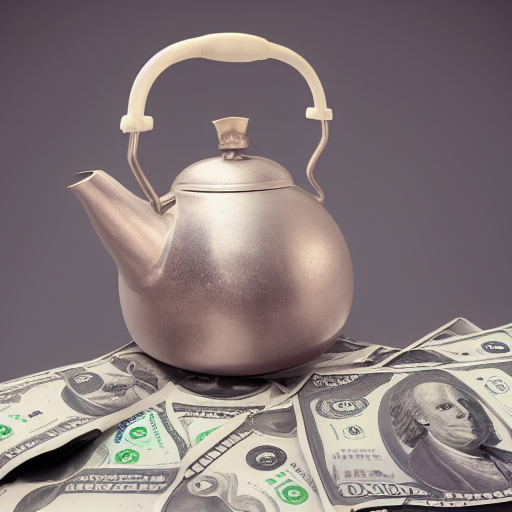How much energy do you need to boil a litre of water
longform: true
My wife likes to boil water. It’s a kind of a hobby of hers. She boils a litre of water to make a cup of tea. On the other hand, I see the electricity meter spin every time I turn on the induction stove. I made boiling the right amount of water into a game. Can I get the amount exactly right?

But does this matter? What difference does it make if you boil more water than you need? I didn’t know the exact answer, so I did a little research.
For an induction stove, at sea level, with room temperature 20℃, it takes roughly 0.12kWh to boil a litre of water.
In Europe, electricity prices reached an all-time high (it’s 2022-12-03 today), and it now costs about half a dollar/euro per 1 kWh, which means that it costs 6¢ to boil a litre of water. That’s not enough to start arguments at home, but it will add up. After all, one litre of boiling water costs the same as 10h of the smallest Digital Ocean Droplet.
Keep reading if you are interested in how I reached the number.
Calculation details
I took the formula from How much energy is needed to boil water? How much energy would it take to boil 1 liter of water? - Quora
- 1g of water raised by 1℃ takes 1 calorie (4.184 Joule)
- 1 Joule = 1W/s
- 1 kWh = 3 600 000 Jules
- 1l from 20℃ to 100℃ is 1000g by 80℃ = 80k calories = 334720 Joules = 0,09298KWh at 100% efficiency
- That makes it roughly 0.116kWh to boil a litre of water at 80% efficiency of the induction stove.
It surprised me that the energy required to warm up water doesn’t change with different starting temperatures. When we ignore phase change (solid -> liquid -> steam), it always takes one calorie to increase the temperature by one degree. No matter if the starting temperature is 1℃ or 89℃. I should have paid more attention to primary school physics.
Cooking efficiency
I read two sources to understand the cooking efficiency of electric coil and induction stoves:
- CenturyLife.Org - Is Induction More Efficient Than Electric Coil or Gas? An Energy Efficiency Comparison Between Stoves
- Coil efficiency is similar to induction. Induction is better for short tasks, coil for longer tasks. US department of energy states 74-77% efficiency for coil and 84% for induction.
- Electric Power Research Institute - Induction Cooking Technology Design and Assessment
- Induction cooker has around 77% efficiency.
- The electric coil has 81% efficiency for a large vessel, 41% for a small vessel.
- Half power is always more efficient than full power.
For my back-of-an-envelope calculation, this was enough to settle on roughly 80% efficiency for my induction stove.